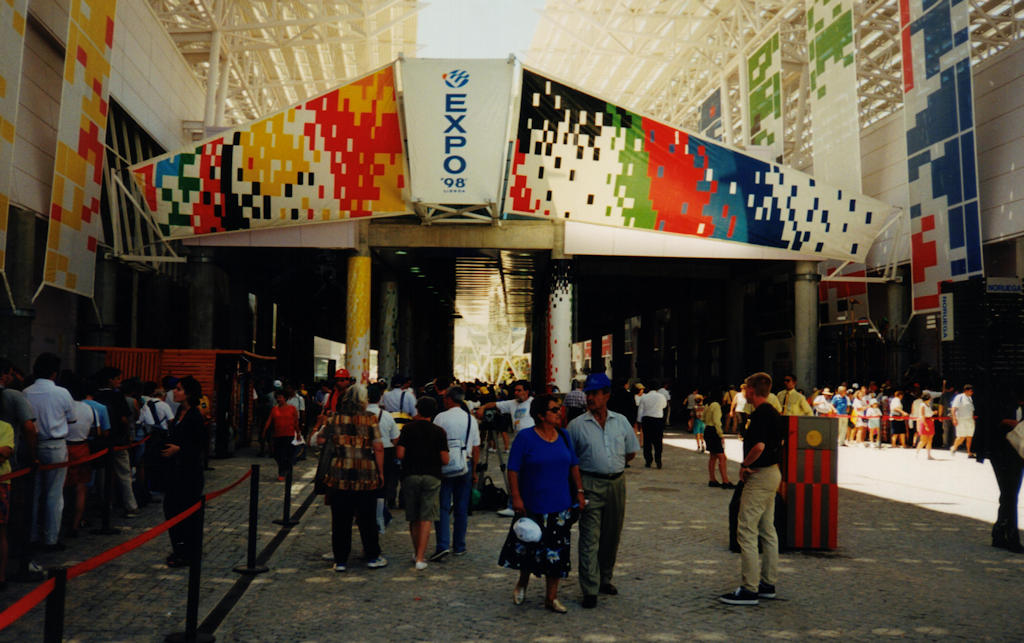The theme of "The Oceans" resonated deeply with Lisbon, a city intricately connected to the sea throughout its history. The exposition celebrated the relationship between humanity and the oceans, highlighting their importance as a source of life, inspiration, and sustainable development. It aimed to raise awareness about environmental issues, promote cultural exchange, and foster a sense of global unity.
The Expo '98 site became a bustling hub of activity, brimming with pavilions, exhibitions, and artistic installations that showcased the diversity of participating countries. Each pavilion offered a unique perspective, immersing visitors in a journey through different cultures, traditions, and technological advancements. It was a melting pot of ideas and a celebration of human achievement.
One of the most iconic structures to emerge from the Expo '98 was the Vasco da Gama Tower. This striking landmark, named after the legendary Portuguese explorer, soared into the sky, symbolizing Lisbon's connection to its maritime heritage. The tower remains a prominent feature of the city's skyline, serving as a reminder of the transformative power of the exposition.
The Expo '98 not only left a physical legacy on the city but also had a profound impact on its urban development. The exposition site, previously an industrial area, underwent a remarkable transformation, revitalizing the eastern part of Lisbon and leaving behind a lasting legacy of modern architecture, public spaces, and cultural institutions.
Lisbon.vip Recommends
The hosting of the Expo '98 not only showcased Lisbon's ability to organize a world-class event but also put the city on the global map as a destination of cultural and economic significance. It attracted millions of visitors from all corners of the globe, shining a spotlight on Lisbon's rich history, cultural heritage, and potential for future growth.
The legacy of the Expo '98 extends far beyond the conclusion of the event itself. It sparked a wave of urban renewal, economic development, and cultural exchange in Lisbon. The city's infrastructure improved, public transportation expanded, and tourism flourished. The Expo '98 acted as a catalyst for positive change, positioning Lisbon as a forward-thinking and progressive city.
In retrospect, the hosting of the Expo '98 was a transformative moment in Lisbon's history. It marked a turning point for the city, propelling it onto the world stage and leaving a lasting legacy of urban development, cultural exchange, and global engagement. It showcased Lisbon's ability to embrace change, celebrate diversity, and create a vision for the future. The Expo '98 remains a milestone in the city's journey towards becoming a modern and vibrant metropolis with a rich tapestry of history and a promising future.



